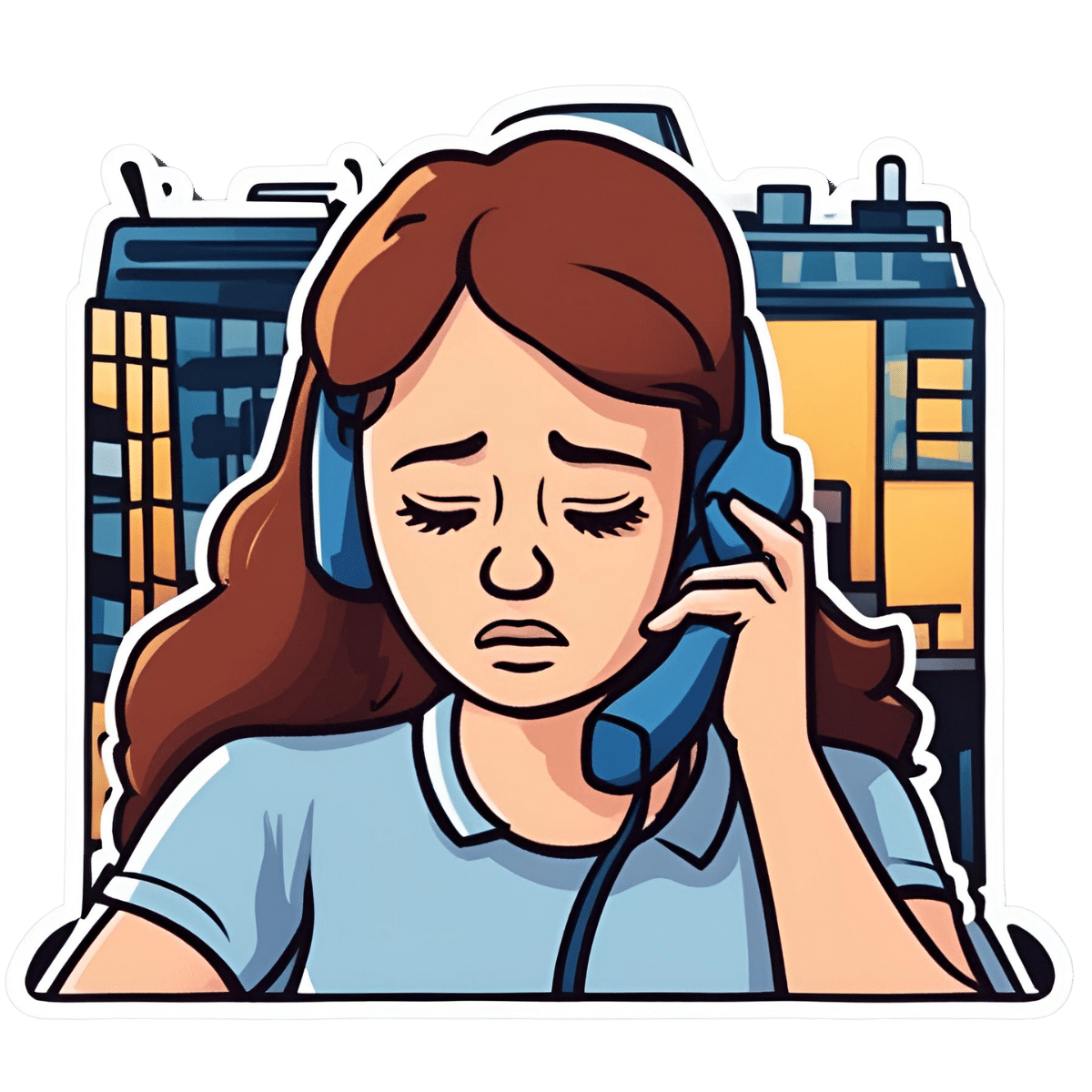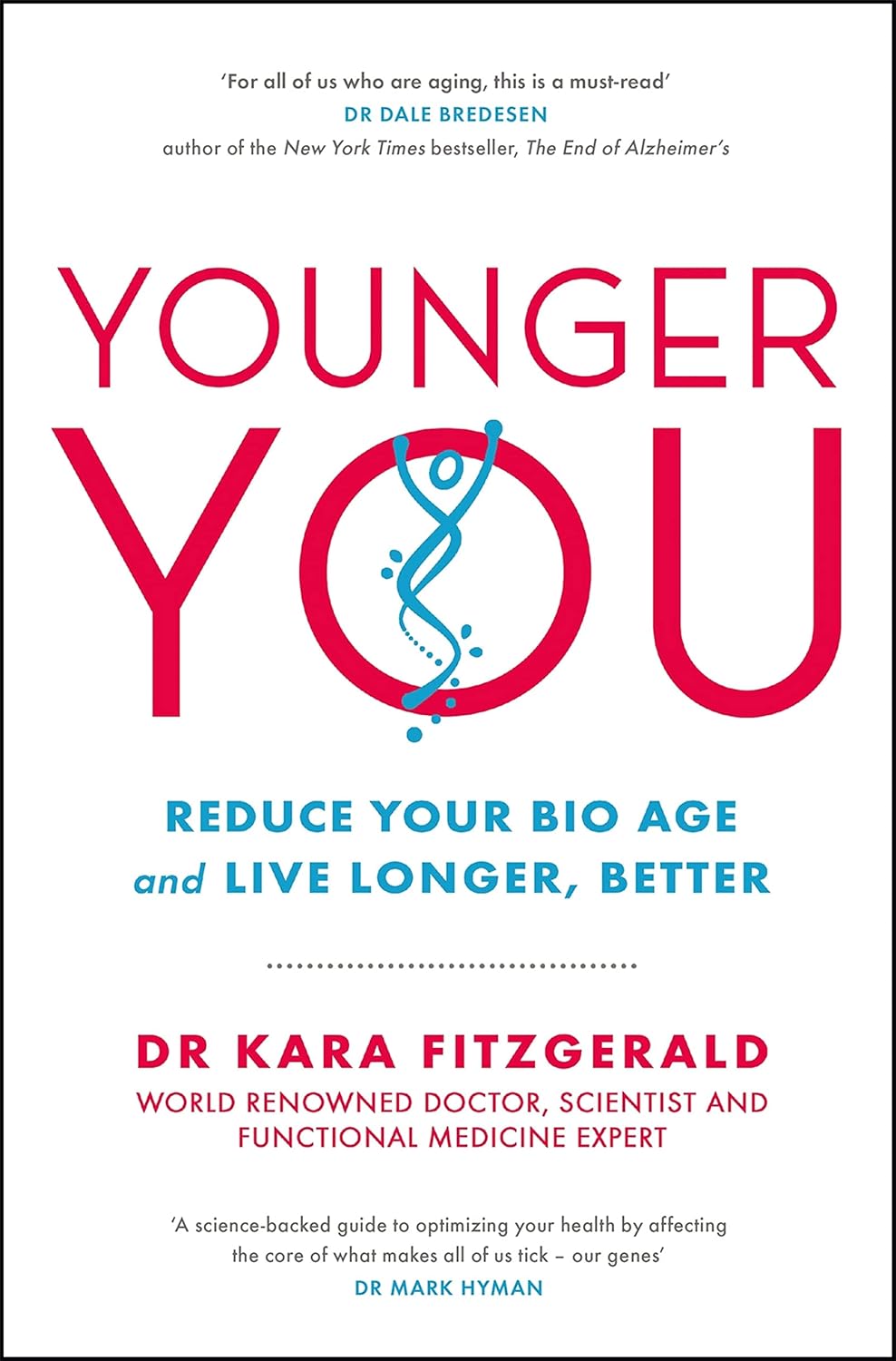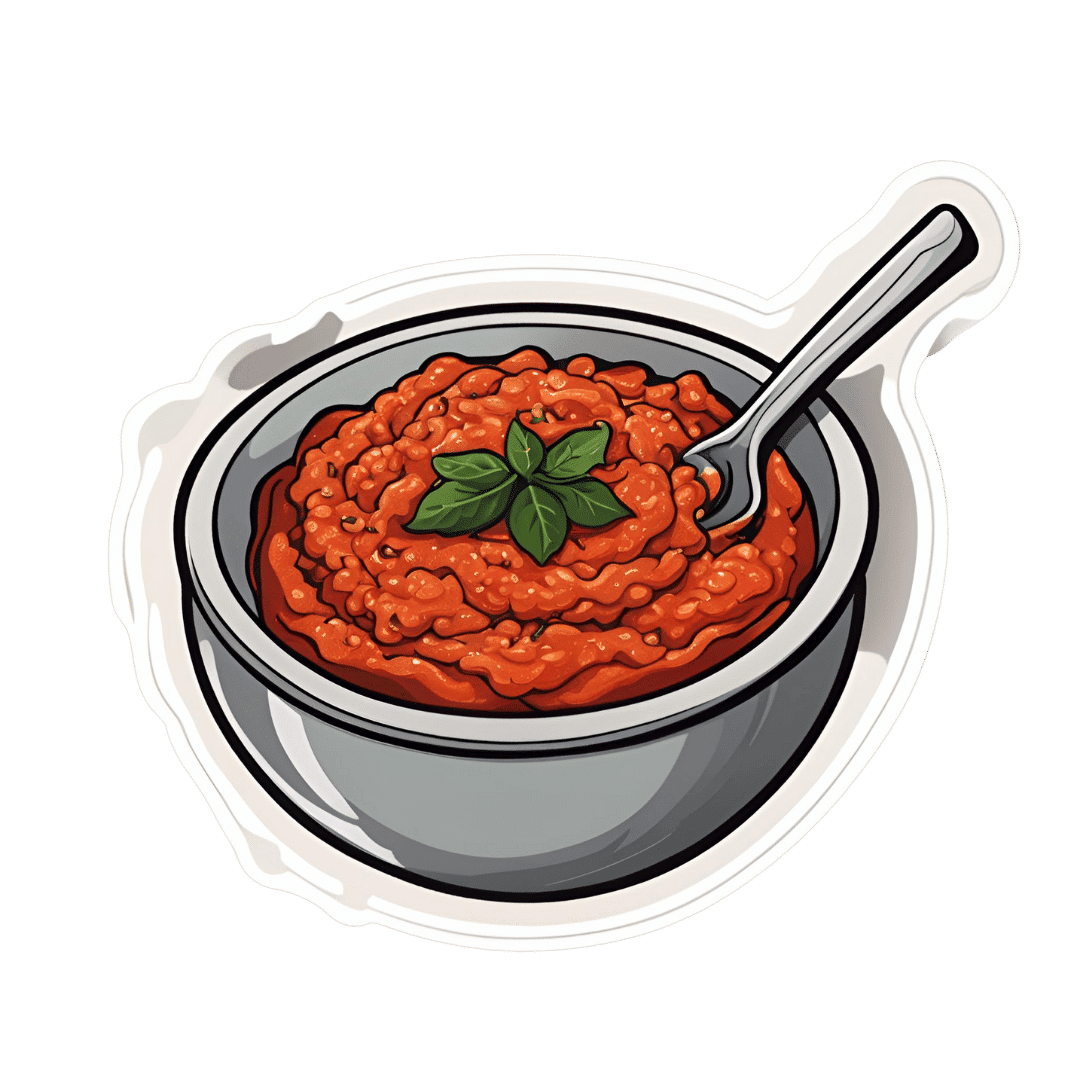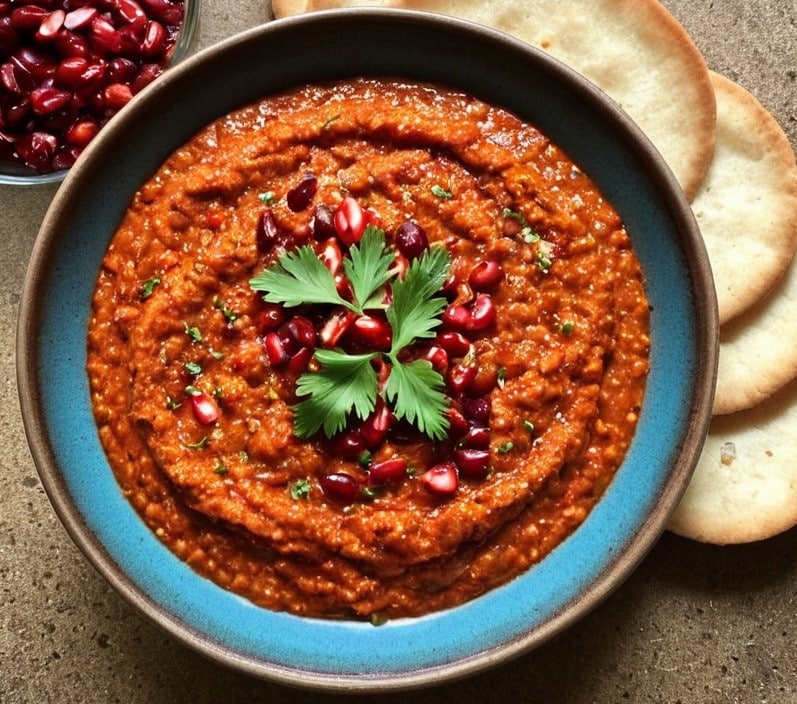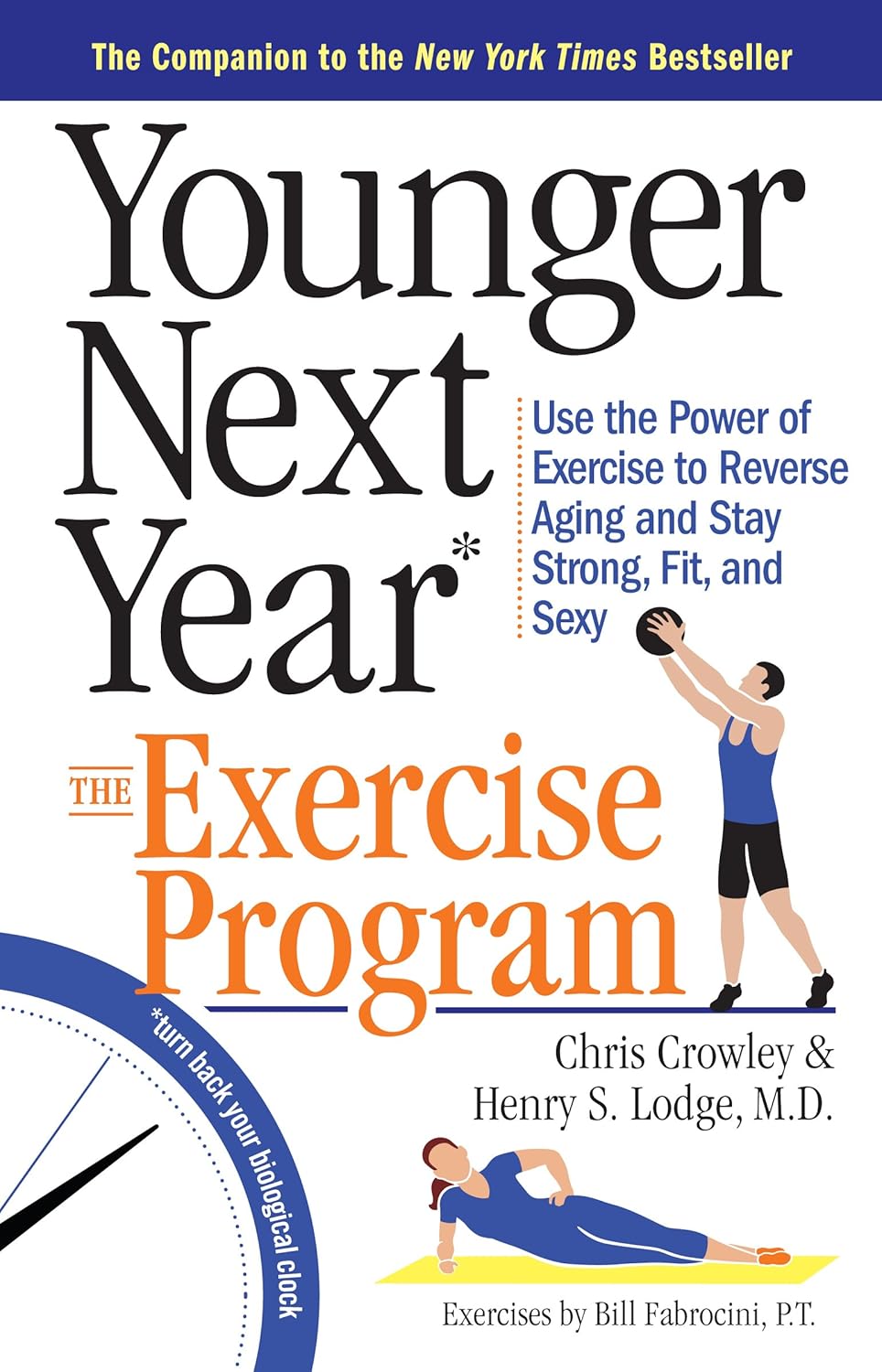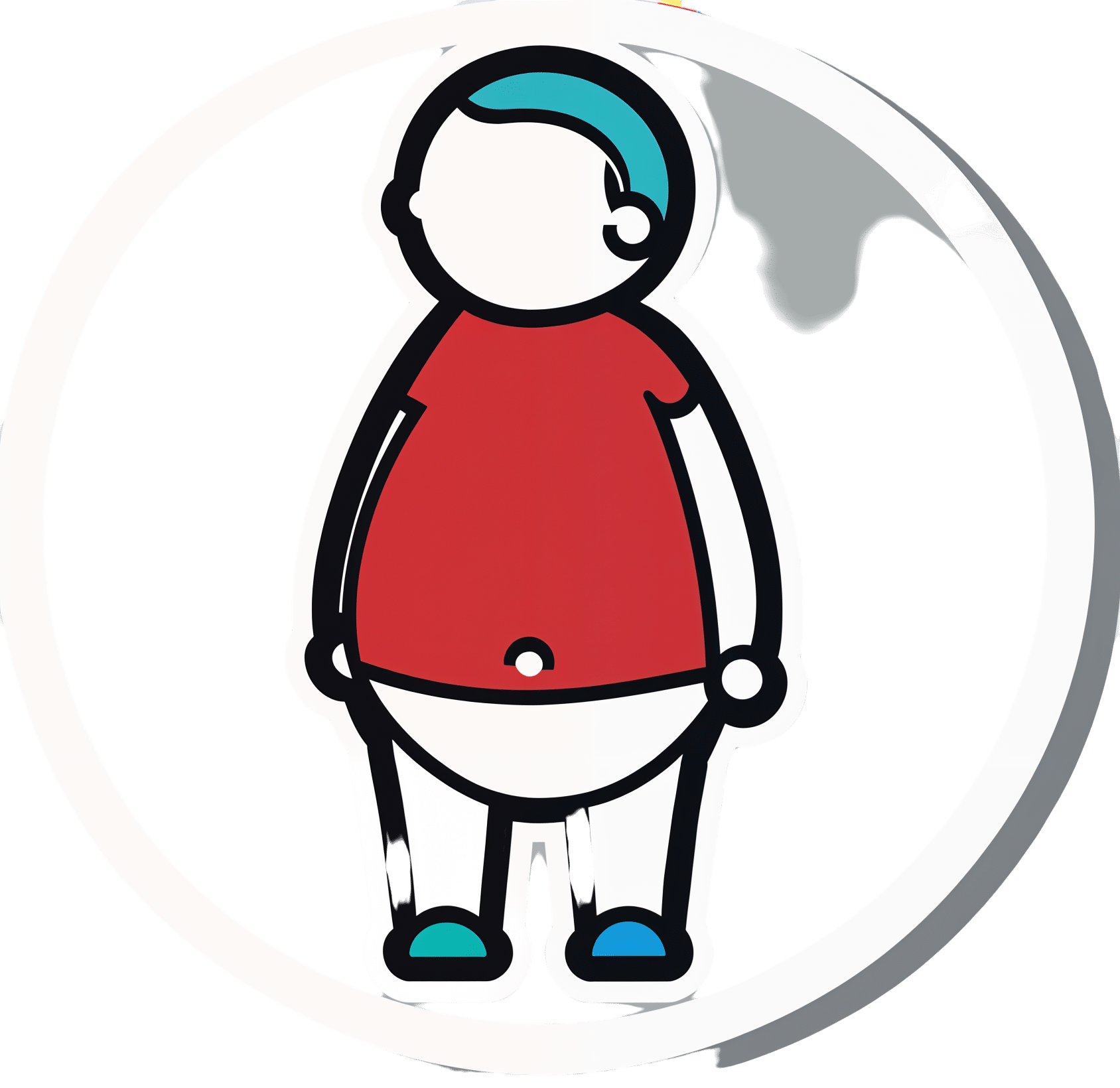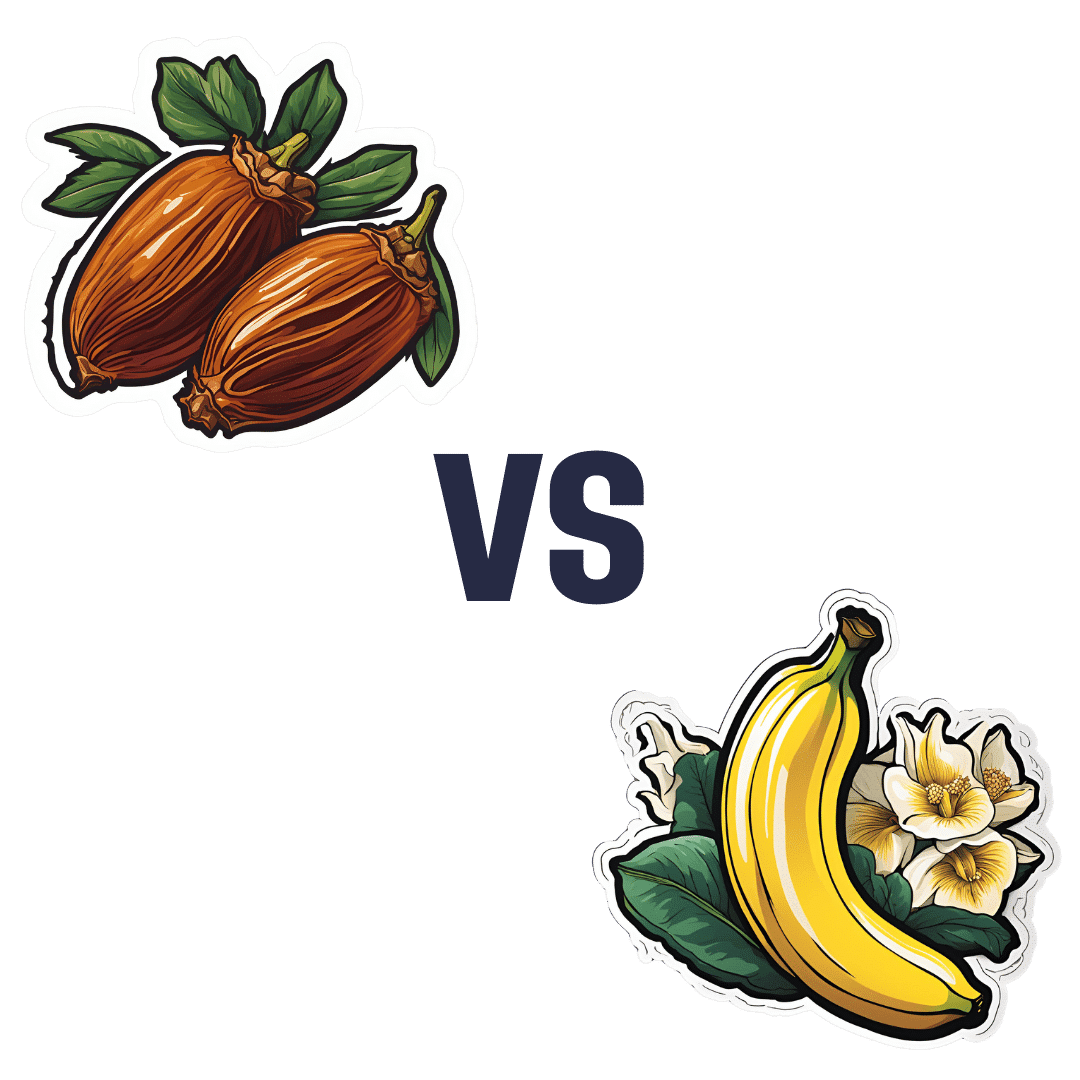
Dates vs Banana – Which is Healthier?
10almonds is reader-supported. We may, at no cost to you, receive a portion of sales if you purchase a product through a link in this article.
Our Verdict
When comparing dates to banana, we picked the dates.
Why?
It was close, and bananas do have some strengths too! We pitted these two against each other as they’re both sweet fruits often used as a sweetening and consistency-altering ingredient in desserts and sweet snacks, so if you’re making a choice between them, here are the things to consider:
In terms of macros, dates have more than 3x the fiber, more than 2x the protein, and a little over 3x the carbs. You may be wondering how this adds up in terms of glycemic index: dates have the lower GI. So, we pick dates, here, for that reason and overall nutritional density too.
When it comes to vitamins, bananas have their moment, albeit barely: dates have more of vitamins B1, B3, B5, and K, while bananas have more of vitamins A, B6, C, E, and choline, making for a marginal victory for bananas in this category.
Looking at minerals next, however, it’s quite a different story: dates have more calcium, copper, iron, magnesium, phosphorus, potassium, selenium, and zinc, while bananas are not higher in any mineral. No, not even potassium, for which they are famous—dates have nearly 2x more potassium than bananas.
Adding up these sections makes for a clear win for dates in general!
Enjoy either/both, but dates are the more nutritious snack/ingredient.
Want to learn more?
You might like to read:
From Apples to Bees, and High-Fructose Cs: Which Sugars Are Healthier, And Which Are Just The Same?
Take care!
Don’t Forget…
Did you arrive here from our newsletter? Don’t forget to return to the email to continue learning!
Recommended
Learn to Age Gracefully
Join the 98k+ American women taking control of their health & aging with our 100% free (and fun!) daily emails:
-
I’ve been diagnosed with cancer. How do I tell my children?
10almonds is reader-supported. We may, at no cost to you, receive a portion of sales if you purchase a product through a link in this article.
With around one in 50 adults diagnosed with cancer each year, many people are faced with the difficult task of sharing the news of their diagnosis with their loved ones. Parents with cancer may be most worried about telling their children.
It’s best to give children factual and age-appropriate information, so children don’t create their own explanations or blame themselves. Over time, supportive family relationships and open communication help children adjust to their parent’s diagnosis and treatment.
It’s natural to feel you don’t have the skills or knowledge to talk with your children about cancer. But preparing for the conversation can improve your confidence.
Benjamin Manley/Unsplash Preparing for the conversation
Choose a suitable time and location in a place where your children feel comfortable. Turn off distractions such as screens and phones.
For teenagers, who can find face-to-face conversations confronting, think about talking while you are going for a walk.
Consider if you will tell all children at once or separately. Will you be the only adult present, or will having another adult close to your child be helpful? Another adult might give your children a person they can talk to later, especially to answer questions they might be worried about asking you.
Choose the time and location when your children feel comfortable. Craig Adderley/Pexels Finally, plan what to do after the conversation, like doing an activity with them that they enjoy. Older children and teenagers might want some time alone to digest the news, but you can suggest things you know they like to do to relax.
Also consider what you might need to support yourself.
Preparing the words
Parents might be worried about the best words or language to use to make sure the explanations are at a level their child understands. Make a plan for what you will say and take notes to stay on track.
The toughest part is likely to be saying to your children that you have cancer. It can help to practise saying those words out aloud.
Ask family and friends for their feedback on what you want to say. Make use of guides by the Cancer Council, which provide age-appropriate wording for explaining medical terms like “cancer”, “chemotherapy” and “tumour”.
Having the conversation
Being open, honest and factual is important. Consider the balance between being too vague, and providing too much information. The amount and type of information you give will be based on their age and previous experiences with illness.
Remember, if things don’t go as planned, you can always try again later.
Start by telling your children the news in a few short sentences, describing what you know about the diagnosis in language suitable for their age. Generally, this information will include the name of the cancer, the area of the body affected and what will be involved in treatment.
Let them know what to expect in the coming weeks and months. Balance hope with reality. For example:
The doctors will do everything they can to help me get well. But, it is going to be a long road and the treatments will make me quite sick.
Check what your child knows about cancer. Young children may not know much about cancer, while primary school-aged children are starting to understand that it is a serious illness. Young children may worry about becoming unwell themselves, or other loved ones becoming sick.
Young children might worry about other loved ones becoming sick. Pixabay/Pexels Older children and teenagers may have experiences with cancer through other family members, friends at school or social media.
This process allows you to correct any misconceptions and provides opportunities for them to ask questions. Regardless of their level of knowledge, it is important to reassure them that the cancer is not their fault.
Ask them if there is anything they want to know or say. Talk to them about what will stay the same as well as what may change. For example:
You can still do gymnastics, but sometimes Kate’s mum will have to pick you up if I am having treatment.
If you can’t answer their questions, be OK with saying “I’m not sure”, or “I will try to find out”.
Finally, tell children you love them and offer them comfort.
How might they respond?
Be prepared for a range of different responses. Some might be distressed and cry, others might be angry, and some might not seem upset at all. This might be due to shock, or a sign they need time to process the news. It also might mean they are trying to be brave because they don’t want to upset you.
Children’s reactions will change over time as they come to terms with the news and process the information. They might seem like they are happy and coping well, then be teary and clingy, or angry and irritable.
Older children and teenagers may ask if they can tell their friends and family about what is happening. It may be useful to come together as a family to discuss how to inform friends and family.
What’s next?
Consider the conversation the first of many ongoing discussions. Let children know they can talk to you and ask questions.
Resources might also help; for example, The Cancer Council’s app for children and teenagers and Redkite’s library of free books for families affected by cancer.
If you or other adults involved in the children’s lives are concerned about how they are coping, speak to your GP or treating specialist about options for psychological support.
Cassy Dittman, Senior Lecturer/Head of Course (Undergraduate Psychology), Research Fellow, Manna Institute, CQUniversity Australia; Govind Krishnamoorthy, Senior Lecturer, School of Psychology and Wellbeing, Post Doctoral Fellow, Manna Institute, University of Southern Queensland, and Marg Rogers, Senior Lecturer, Early Childhood Education; Post Doctoral Fellow, Manna Institute, University of New England
This article is republished from The Conversation under a Creative Commons license. Read the original article.
Share This Post
-
8 Pillars of Weight Loss Explained
10almonds is reader-supported. We may, at no cost to you, receive a portion of sales if you purchase a product through a link in this article.
Surprise, diet is #6 and exercise is #7:
How many do you do?
If your body is a temple, these are its eight pillars:
- Emotional freedom and resilience: understanding how the mind works and using techniques such as CBT, neurolinguistic programming, and meditation to reduce psychological stress and improve self-awareness.
- Vagal tone improvement: techniques to get the body out of fight-or-flight mode, improving blood flow, digestion, and reducing chronic pain.
- Lymphatic system support: to enhance your body’s internal cleanup system, boost energy, and alleviate pain.
- Gut health optimization: supporting digestion and gut health, so that your gut can work efficiently.
- Hormonal balance: addressing hormone imbalances to improve overall health, as well as supporting a healthy metabolism and weight loss.
- Dietary choices: choosing a sustainable diet that balances blood sugar, boosts metabolism, and suits your personal needs.
- Exercise and mobility: developing a sustainable workout plan that promotes fat loss, joint health, and muscle building.
- Habit formation: developing routines and habits to maintain progress and prevent relapse into old patterns.
For more on each of these, enjoy:
Click Here If The Embedded Video Doesn’t Load Automatically!
Want to learn more?
You might also like to read:
How To Lose Weight (Healthily!) ← our own main feature on the topic, detailing the best kinds of diet and exercise adjustments, as well as how to go about tending to some of the other factors mentioned above
Take care!
Share This Post
-
Younger You – by Kara Fitzgerald
10almonds is reader-supported. We may, at no cost to you, receive a portion of sales if you purchase a product through a link in this article.
First, a note about the author: she is a naturopathic doctor, a qualification not recognized in most places. Nevertheless, she clearly knows a lot of stuff, and indeed has been the lead research scientist on a couple of studies, one of which was testing the protocol that would later go into this book.
Arguably, there’s a conflict of interest there, but it’s been peer reviewed and the science seems perfectly respectable. After an 8-week interventional trial, subjects enjoyed a reversal of DNA methylation (one of various possible markers of biological aging) comparable to being 3 years younger.
Where the value of this book lies is in optimizing one’s diet in positive fashion. In other words, what to include rather than what to exclude, but the “include” list is quite extensive so you’re probably not going to be reaching for a donut by the time you’ve eaten all that. In particular, she’s optimized the shopping list for ingredients that contain her DNA methylation superstars most abundantly; those nutrients being: betaine choline, curcumin, epigallocatechin gallate, quercetin, rosmarinic acid, and vitamins B9 and B12.
To make this possible, she sets out not just shopping list but also meal plans, and challenges the reader to do an 8-week intervention of our own.
Downside: it is quite exacting if you want to follow it 100%.
Bottom line: this is a very informative, science-based book. It can make you biologically younger at least by DNA methylation standards, if the rather specific diet isn’t too onerous for you.
Click here to check out Younger You, and enjoy a younger you!
Share This Post
Related Posts
-
Muhammara
10almonds is reader-supported. We may, at no cost to you, receive a portion of sales if you purchase a product through a link in this article.
This is a Levantine dish, Syrian in origin (although Lebanese cuisine uses it plenty too) and popularly enjoyed all the way up to Turkey, down to Egypt, and across to Armenia. And today, perhaps rather further afield! It’s first and foremost a spicy dip/spread, though it can be lengthened into a sauce, and/or made more substantial by adding an extra protein. We’ll give you the basic recipe though, and let you see where it takes you! Healthwise, it’s very nutritionally dense, mostly thanks to the walnuts and red peppers, though spices and olive oil bring their healthy benefits too.
You will need
- ½ cup chopped walnuts (ideally: toasted)
- 3 red peppers, from a jar (jarred over fresh not only improves the consistency, but also makes it extra gut-healthy due to the fermentation bacteria present; if you must use fresh, roast them first)
- 2 tbsp extra virgin olive oil
- 1 tbsp pomegranate molasses (you can omit if you don’t like sweetness, but this is traditional)
- 1 tbsp tomato purée
- 1 tbsp Aleppo pepper flakes (less, if you don’t like heat) (substitute another hot pepper if necessary)
- ½ bulb garlic, crushed
- 2 tsp ground smoked paprika
- 1 tsp ground cumin
- ½ tsp MSG or 1 tsp low-sodium salt
- Juice of 1 lemon
- Optional: handful of pomegranate seeds
- Optional: herb garnish, e.g. cilantro or parsley
Method
(we suggest you read everything at least once before doing anything)
1) Add everything except the pomegranate seeds and herbs to a blender, and blend to a smooth consistency.
2) Add the pomegranate seeds and herbs, as a garnish.
3) Serve! Can be enjoyed as a dip (perhaps using our Homemade Healthy Flatbreads recipe), or as a spread, or used as a sauce poured over chickpeas or some other bulky protein, to make a more substantial dish.
Enjoy!
Want to learn more?
For those interested in some of the science of what we have going on today:
- Walnuts vs Cashews – Which is Healthier?
- Capsaicin For Weight Loss And Against Inflammation
- Red Bell Peppers vs Tomatoes – Which is Healthier?
- Bell Peppers: A Spectrum Of Specialties
- Lycopene’s Benefits For The Gut, Heart, Brain, & More
Take care!
Don’t Forget…
Did you arrive here from our newsletter? Don’t forget to return to the email to continue learning!
Learn to Age Gracefully
Join the 98k+ American women taking control of their health & aging with our 100% free (and fun!) daily emails:
-
Younger Next Year: The Exercise Program – by Chris Crowley & Dr. Henry Lodge
10almonds is reader-supported. We may, at no cost to you, receive a portion of sales if you purchase a product through a link in this article.
We previously reviewed the same authors’ original “Younger Next Year”, and now here’s the more specific book about exercise for increasing healthspan and reversing markers of biological aging, going into much more detail in that regard.
How much more? Well, it’s a very hand-holding book in the sense that it walks the reader through everything step-by-step, tells not only what kind of exercise and how much, but also how to do, what things to do to prepare, how to avoid not erring in various ways, what metrics to keep an eye on to ensure you are making progress, and more.
There are also whole sections on specific common age-related issues including osteoporosis and arthritis, as well as how to train around injuries (especially of the kind that basically aren’t likely to ever fully go away).
As with the previous book, there’s a blend of motivational pep talk and science—this book is heavily weighted towards the former. It has, however, enough science to keep it on the right track throughout. Hence the two authors! Crowley for motivational pep and training tips, and Dr. Lodge for the science.
Bottom line: if you’d like to be biologically younger next year, that exercise will be an important component of that, and this book is really quite comprehensive for its relative brevity (weighing in at 176 pages).
Click here to check out Younger Next Year: The Exercise Program, and make that progress!
Don’t Forget…
Did you arrive here from our newsletter? Don’t forget to return to the email to continue learning!
Learn to Age Gracefully
Join the 98k+ American women taking control of their health & aging with our 100% free (and fun!) daily emails:
-
Visceral Belly Fat & How To Lose It
10almonds is reader-supported. We may, at no cost to you, receive a portion of sales if you purchase a product through a link in this article.
Visceral Belly Fat & How To Lose It
We’ve talked before about how waist circumference is a much more useful indicator of metabolic health than BMI.
So, let’s say you’ve a bit more around the middle than you’d like, but it stubbornly stays there. What’s going on underneath what you can see, why is it going on, and how can you get it to change?
What is visceral fat?
First, let’s talk about subcutaneous fat. That’s the fat directly under your skin. Women usually have more than men, and that’s perfectly healthy (up to a point); it’s supposed to be that way. We (women) will tend to accumulate this mostly in places such as our breasts, hips, and butt, and work outwards from there. Men will tend to put it on more to the belly and face.
Side-note: if you’re undergoing (untreated) menopause, the changes in your hormone levels will tend to result in more subcutaneous fat to the belly and face too. That’s normal, and/but normal is not always good, and treatment options are great (with hormone replacement therapy, HRT, topping the list).
Visceral fat (also called visceral adipose tissue), on the other hand, is the fat of the viscera—the internal organs of the abdomen.
So, this is fat that goes under your abdominal muscles—you can’t squeeze this (directly).
So what can we do?
Famously “you can’t do spot reduction” (lose fat from a particular part of your body by focusing exercises on that area), but that’s about subcutaneous fat. There are things you can do that will reduce your visceral fat in particular.
Some of these advices you may think “that’s just good advice for losing fat in general” and it is, yes. But these are things that have the biggest impact on visceral fat.
Cut alcohol use
This is the biggie. By numerous mechanisms, some of which we’ve talked about before, alcohol causes weight gain in general yes, but especially for visceral fat.
Get better sleep
You might think that hitting the gym is most important, but this one ranks higher. Yes, you can trim visceral fat without leaving your bed (and even without getting athletic in bed, for that matter). Not convinced?
- Here’s a study of 101 people looking at sleep quality and abdominal adiposity
- Oh, and here’s a meta-analysis with 56,000 people (finding the same thing), in case that one study didn’t convince you.
So, the verdict is clear: you snooze, you lose (visceral fat)!
Tweak your diet
You don’t have to do a complete overhaul (unless you want to), but a few changes can make a big difference, especially:
- Getting more fiber (this is the biggie when it comes to diet)
- Eating less sugar (not really a surprise, but relevant to mention)
- Eat whole foods (skip the highly processed stuff)
If you’d like to learn more and enjoy videos, here’s an informative one to get you going!
Click Here If The Embedded Video Doesn’t Load Automatically! Don’t Forget…
Did you arrive here from our newsletter? Don’t forget to return to the email to continue learning!
Learn to Age Gracefully
Join the 98k+ American women taking control of their health & aging with our 100% free (and fun!) daily emails:


